Through a deeper understanding of modality and the value attributed to each mode we can therefore more consciously make decisions about which mode to use and why/when it is best to do so. This move towards "Conscious Modality" means that the mode becomes an important topic for discussion during curriculum design activity, alongside conversations around the subject being taught and the approaches to teaching and assessment.
The SPaM framework is an adaptation of the TPACK framework with a shift from technology to modality in support of Hybrid Education.
The U.S. Marines apparently came up with the design principle "keep it simple, stupid" (KISS) hence the title of this post, and so having been reflecting on the complex nature of curriculum design (and a concern that this complexity might in fact negatively impact the quality of that curriculum) I set out to consider what curriculum development might look like if we simplified the process & expectations of it.
Imagine a University that values curriculum design and learning & teaching so much that they give staff significant dedicated time to lead on and undertake this activity.
Programme / Course level curriculum design is complex and should not be rushed. In this post I outline my overarching approach to this.
Having supported numerous Course teams through this process in various subject areas over the years, I have consistently drawn upon Biggs’ constructive alignment model which has underpinned my approach to this work and in my experience transcends disciplines.







